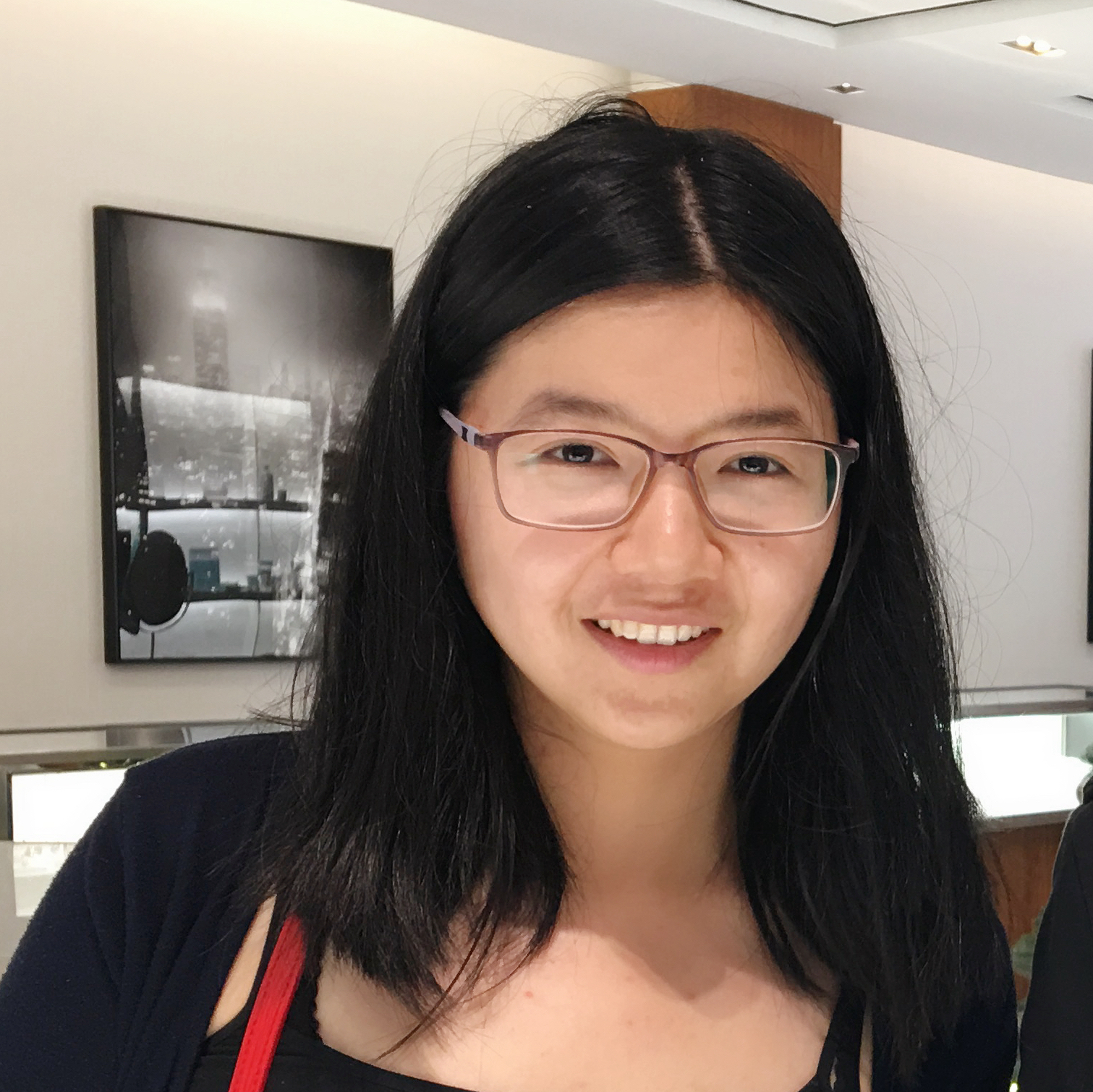Scope
The MCV workshop will provide an opportunity to students, researchers and developers in biomedical imaging companies to present, discuss and learn recent advancements in medical image analysis. The ultimate goal of the workshop is leveraging big data, deep learning and novel representation to effectively build the next generation of robust quantitative medical imaging parsing tools and products. Prominent applications include large scale cancer screening, computational heart modeling, landmark detection, neural structure and functional labeling and image-guided intervention. Computer Vision advancements and Deep learning in particular are rapidly transitioned to the medical imaging community in recent years. Additionally, there is a tremendous growth in startup activity applying medical computer vision algorithms to the healthcare industry. Collecting and accessing radiological patient images is a challenging task. Recent efforts include VISCERAL Challenge and Alzheimer’s Disease Neuroimaging Initiative. The NIH and partners are working on extracting trainable anatomical and pathological semantic labels from radiology reports that are linked to patients’ CT/MRI/X-ray images or volumes such as NCI’s Cancer Imaging Archive. The MCV workshop aims to encourage the establishment of public medical datasets to be used as unbiased platforms to compare performances on the same set of data for various disease findings.
Topics
Papers addressing topics related to medical computer vision are invited. The topics include, but are not limited to:
General (with relation to medical imaging)
- Deep Learning (e.g., architectures, transformers, optimization for deep networks)
- Reinforcement Learning (e.g., decision and control, planning, hierarchical RL, robotics)
- Few shot learning
- Federated learning
- Merging clinical data, textual data and imaging
- Domain adaption
- Representation learning
- Uncertainty estimation
- Active learning
- Safety, fairness, privacy, ethics
- Explainability,
- Human-AI interaction
Applications
- Computational (Integrative) Pathology
- Computational Anatomy and Physiology
- Imaging Biomarkers
- Computational Neuroscience and cognitive science
- Computer Aided Diagnosis
- Interventional Simulation Systems
- Image-Guided Interventions and Robot-Assisted Surgery
- Population Imaging and Imaging Genetics
- Surgical Data Science
- Biological and Cell Microscopy Imaging Analysis
- Mixed, Augmented and Virtual Reality
- Outcome/disease prediction
- Image Synthesis
- Classification and Detection
- Image Reconstruction
- Image Registration
- Semantic/Instance Segmentation and Detection
- Biological and Cell Microscopy Imaging Analysis
- Mixed, Augmented and Virtual Reality
- Shape Analysis















